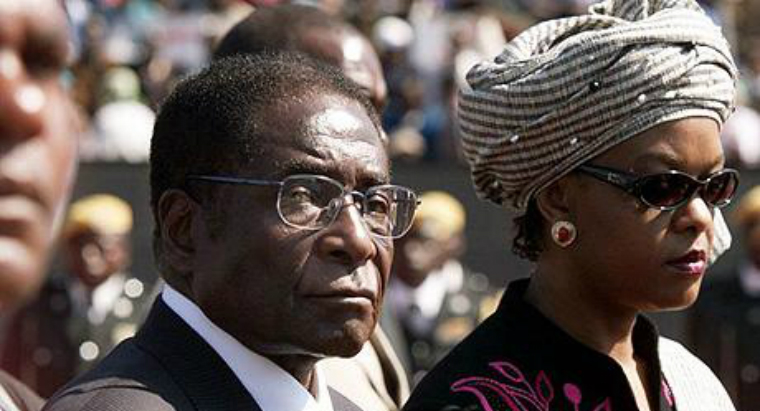By Radwan Jakeem
NEW YORK (IDN) – As the government, business and civil society leaders fight the global COVID-19 pandemic, leading experts and thinkers have offered outside-the-box thinking and new solutions to prevent the outbreak of new pandemics while achieving the Sustainable Development Goals (SDGs).
A new publication of policy briefs issued by the UN Department of Economic and Social Affairs (UN DESA) calls for improving international tax cooperation, more equitable access to digital technological advances, and sustainable natural resource management that complement the broader recommendations of the Secretary-General regarding shared responsibility and global solidarity in responding to the socio-economic impact of COVID-19.
Earlier in July, the UN’s annual stocktaking report on progress across the 17 Sustainable Development Goals showed that it is the world’s poorest and most vulnerable who are being hit the hardest by the effects of the COVID-19 pandemic. An estimated 71 million people are expected to be pushed back into extreme poverty in 2020 – the first rise in global poverty since 1998.
The United Nations High-level Advisory Board (HLAB) on Economic and Social Affairs was established in June 2018 to help strengthen the United Nations Department of Economic and Social Affairs (UN DESA) in the context of United Nations development system reform, and as a key part of efforts to enhance support to the Member States of the United Nations in implementing the 2030 Agenda for Sustainable Development.
The publication, titled Recover Better: Economic and Social Challenges and Opportunities, comprises seven essays written by experts, who are members of the United Nations High-level Advisory Board on Economic and Social Affairs (HLAB).
Six board members—Cristina Duarte, former Cabo Verde Minister of Finance and Planning; José Antonio Ocampo of Columbia University; Jayati Ghosh of Jawaharlal Nehru University; Justin Yifu Lin of Peking University; Izabella Teixeira, co-chair of the International Resource Panel; and Kori Udovički, Founder and Chairwoman of the Center for Advanced Economic Studies—and Alicia Bárcena, the Executive Secretary of the UN Economic Commission for Latin America and the Caribbean (ECLAC), contributed chapters to the report, which was edited by UN DESA.
These briefs reflect and further the discussions the HLAB members have had on a wide range of development trends and issues of critical importance to achieve the SDGs and recover from COVID-19.
The collection outlines observations and recommendations, some of which offer region-specific suggestions, can inform COVID-19 responses so that countries build back better and avoid returning to a pre-pandemic pathway, where progress towards important objectives such as ending extreme poverty and limiting global temperature rise was not rapid enough.
“These chapters represent ‘deep dives’ into various areas and differ in the topics that they cover and there is a shared message that stands out: the United Nations can play an important role in addressing global challenges and advancing sustainable development,” said Liu Zhenmin, UN Under-Secretary-General for Economic and Social Affairs.
The HLAB consists of 16 globally renowned experts in the economic and social policy fields, including former Heads of State, a Nobel Laureate, former Senior Government Officials and intellectual leaders. It has provided guidance to the research and policy analysis work of UN DESA, including topics for its flagship publications.
The Board members themselves have played an active role in strengthening the linkage between UN DESA and the global economic and social policy research community, and have promoted UN DESA publications and reports at national and global levels.
Through its biannual meetings, the Board also has provided advice to the United Nations on broad economic and social issues, including near-term prospects and risks for the world economy, frontier technologies, inequality, migration, issues associated with countries in special situations, as well as the implications of these issues for multilateralism and the implementation of the 2030 Agenda for Sustainable Development. The volume “Recovering Better” is envisaged as the legacy of the first HLAB to advancing the sustainable development agenda. [IDN-InDepthNews – 23 July 2020]
Photo: Habib Dadkhah on Unsplash
IDN is flagship agency of the Non-profit International Press Syndicate Group.
Visit us on Facebook and Twitter.
This article is published under the Creative Commons Attribution 4.0 International licence. You are free to share, remix, tweak and build upon it non-commercially. Please credit to the source.

